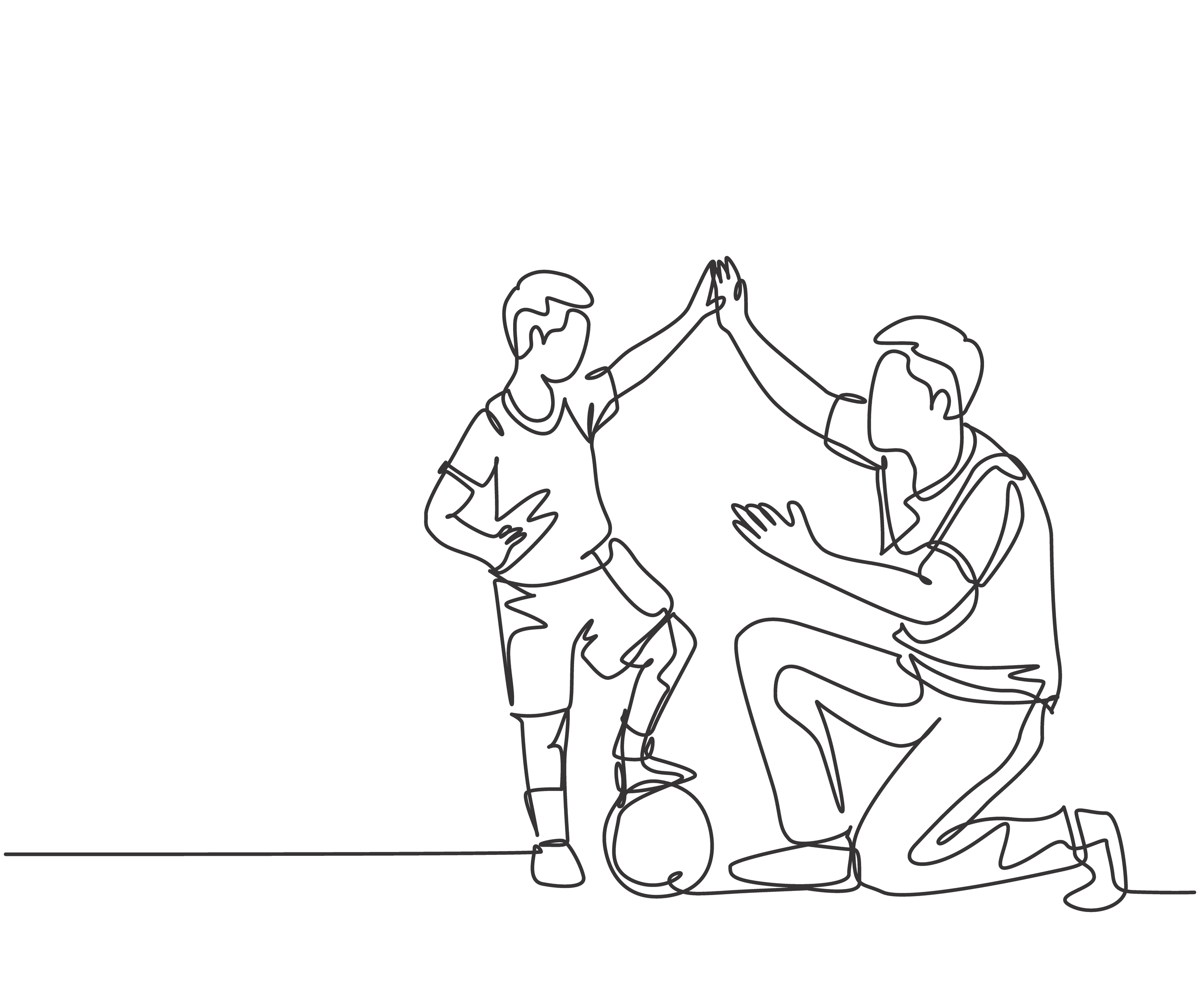The Benefits of Occupational Therapy (OT) for Children
July 10, 2024
The Benefits of Occupational Therapy (OT) for Children
The Benefits of Occupational Therapy (OT) for Children
Occupational Therapy (OT) is a cornerstone in the development and well-being of children facing various challenges. Its holistic approach not only caters to physical needs but also addresses cognitive, sensory, and social aspects, making it a vital service for young ones. Let’s delve into the myriad benefits OT offers for children and explore some inspiring success stories.
Key Benefits of Occupational Therapy for Children
1. Enhances Fine and Gross Motor Skills
Fine and gross motor skills are essential for a child’s daily activities and academic performance. OT helps children improve these skills through tailored exercises and activities. Enhanced motor skills translate to better participation in school tasks, sports, and play.
2. Improves Sensory Processing
Many children struggle with sensory processing, which affects how they interpret and respond to sensory information. OT aids in better regulation of sensory input and responses, enabling children to cope more effectively with their environments.
3. Facilitates Social Skills Development
Social interaction is crucial for a child’s growth. Occupational therapists work on developing social skills, including interactions and play with peers. These skills are essential for forming friendships and participating in group activities.
4. Supports Cognitive Development
OT includes activities designed to enhance cognitive skills such as attention, memory, and problem-solving. Improved cognitive abilities help children perform better academically and in everyday situations that require critical thinking.
5. Promotes Independence in Self-Care Skills
Self-care skills like dressing, feeding, and hygiene are fundamental for independence. OT helps children develop these skills, fostering a sense of self-reliance and confidence in handling daily tasks.
6. Manages Behavioral Challenges
Behavioral challenges can be a significant hurdle for children and their families. OT teaches coping strategies and techniques to manage behaviors, helping children navigate their emotions and actions more effectively.
Success Stories and Case Studies
Case Study 1: Sensory Processing Disorder
Child: A five-year-old with sensory processing disorder
Outcome: After six months of occupational therapy, the child showed significant improvement in regulating sensory input and responses. This progress led to better focus and participation in classroom activities, much to the delight of educators and parents alike.
Case Study 2: Fine Motor Skill Delays
Child: A seven-year-old with delays in fine motor skills
Outcome: Consistent occupational therapy sessions over a year resulted in improved handwriting and self-feeding capabilities. These achievements significantly boosted the child’s confidence and independence.
Case Study 3: Autism Spectrum Disorder
Program: Group therapy for children with autism spectrum disorder
Outcome: The program facilitated noticeable advancements in social skills, including better communication and engagement with peers. Parents and educators observed substantial improvements in the children’s ability to interact socially.
Case Study 4: Developmental Coordination Disorder
Child: An eight-year-old diagnosed with developmental coordination disorder
Outcome: The child made remarkable progress in gross motor skills following occupational therapy. This improvement led to increased participation in physical activities and games at school, promoting a more active lifestyle.
Conclusion
Occupational therapy is a transformative tool that can significantly enhance the quality of life for children facing various challenges. By improving motor skills, sensory processing, social interactions, cognitive development, and self-care capabilities, OT provides children with the tools they need to thrive. Parents and educators play a crucial role in supporting and advocating for these therapeutic interventions, ensuring that each child has the opportunity to reach their full potential.
If you’re a parent or educator looking to learn more about how occupational therapy can benefit your child or students, we encourage you to explore these services and see firsthand the positive changes they can bring.


















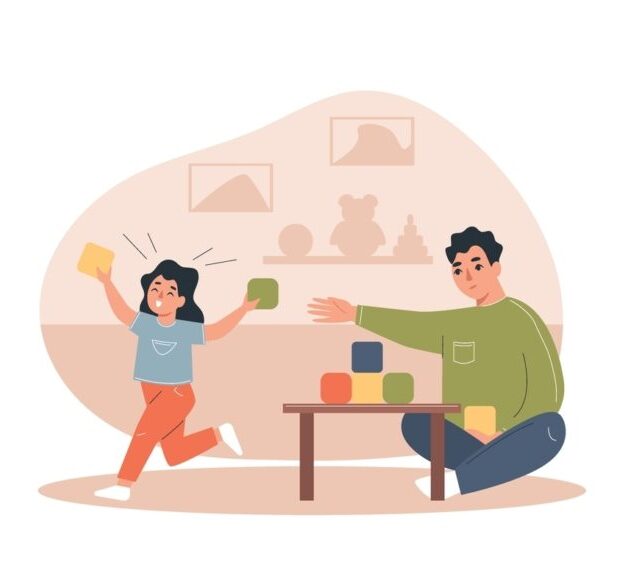



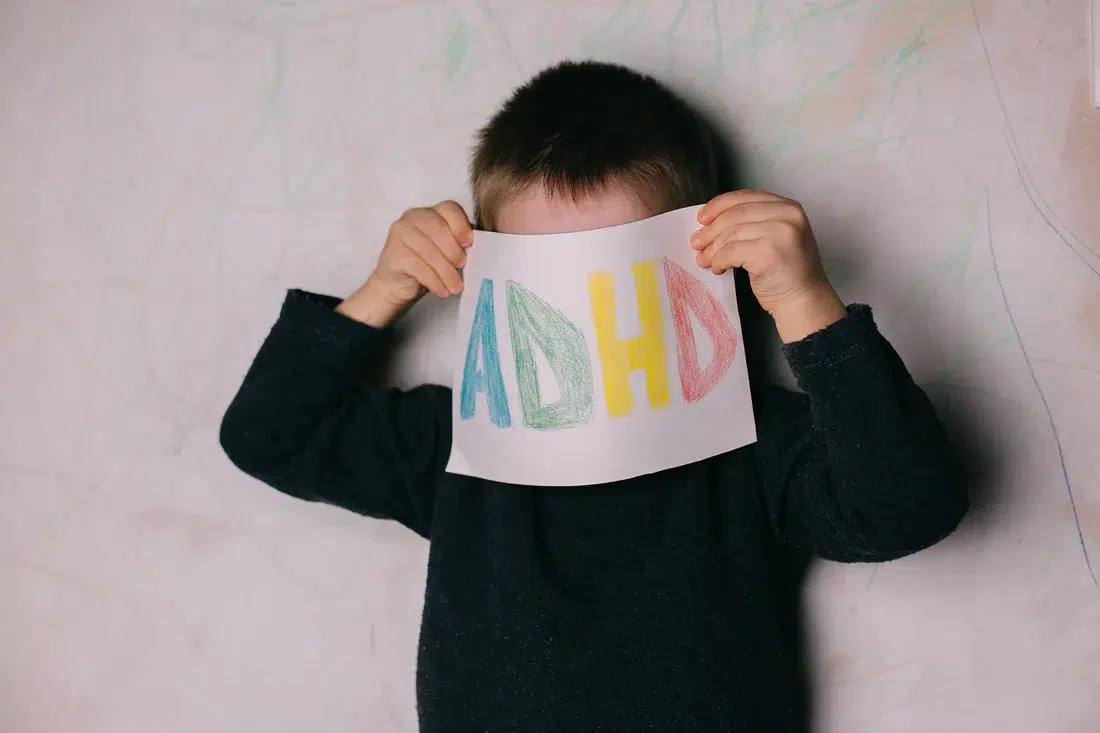




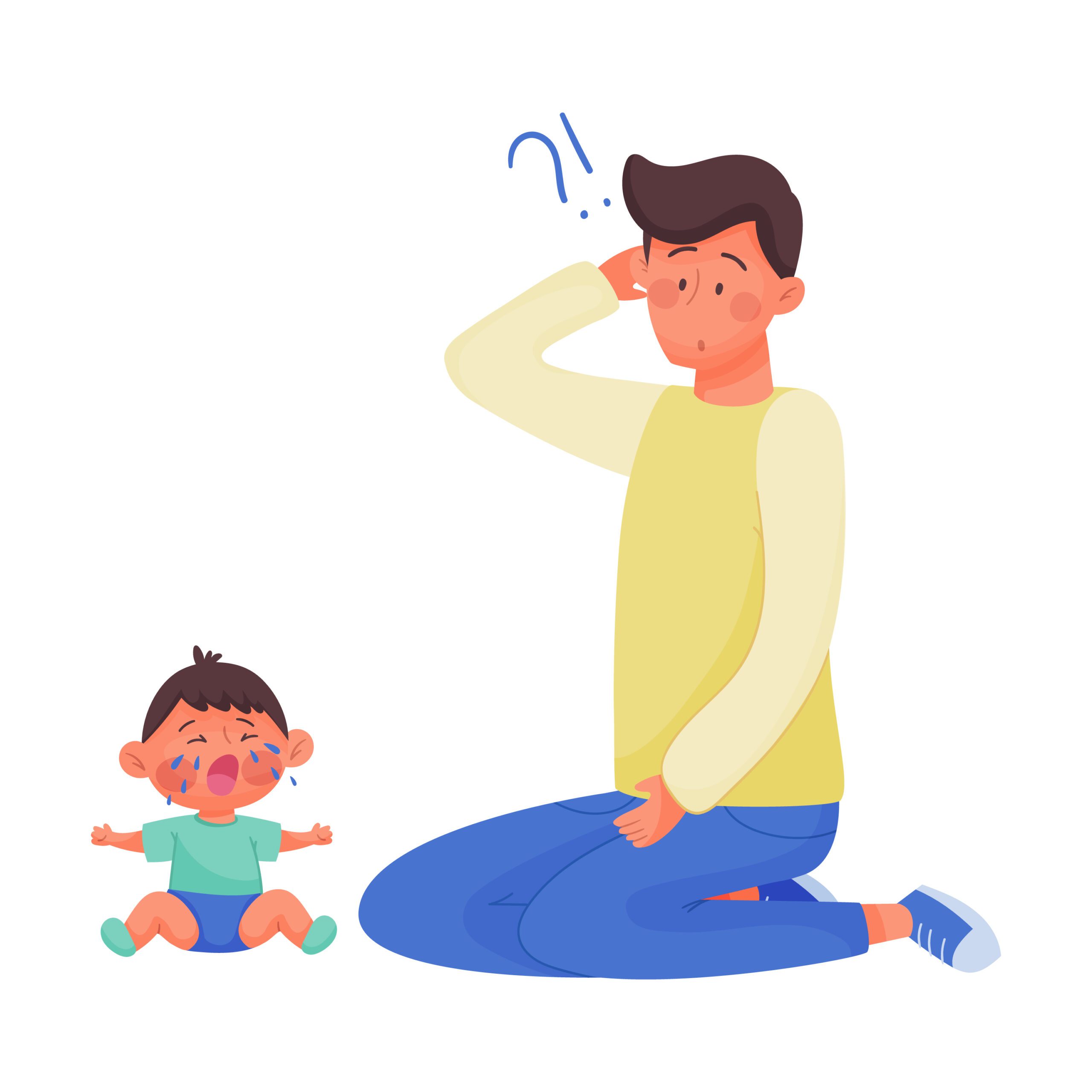
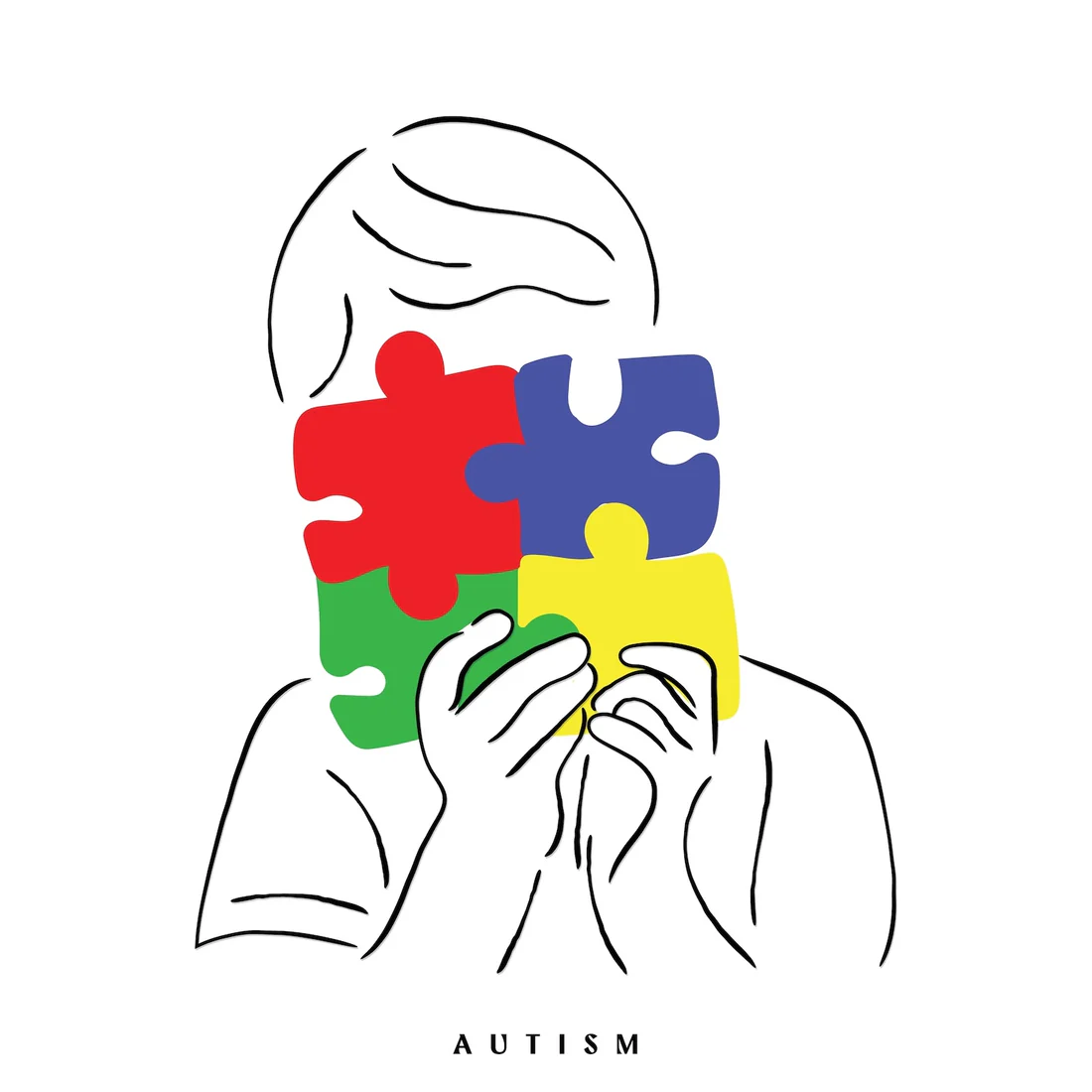
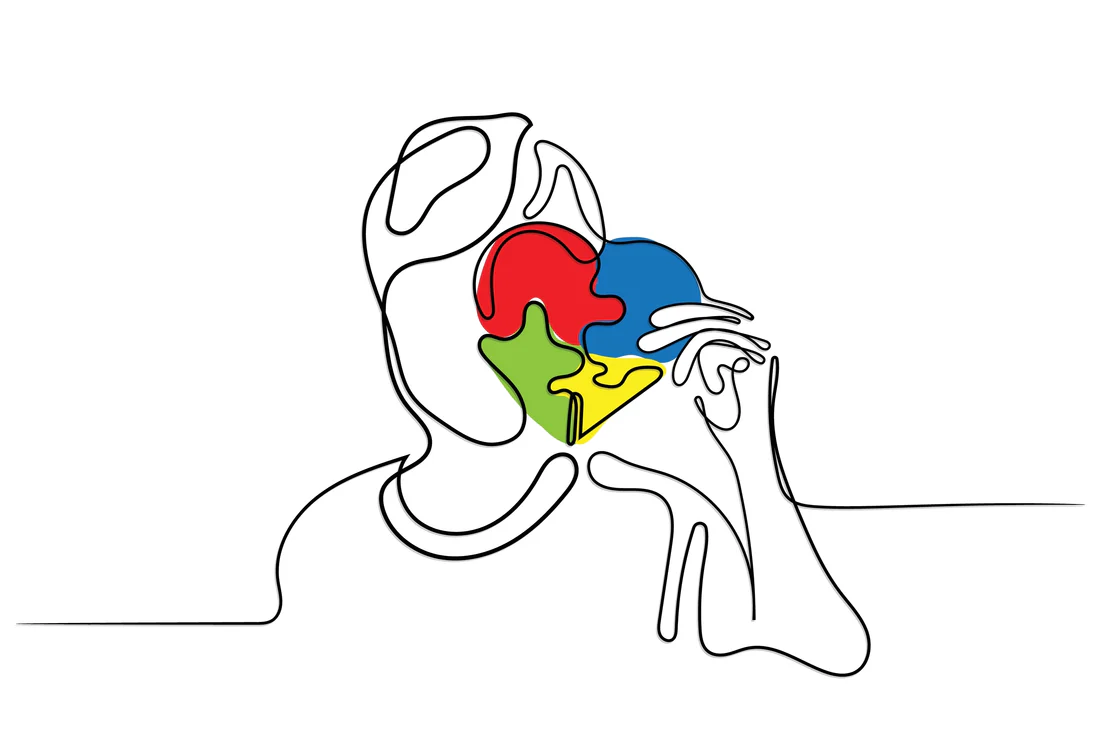










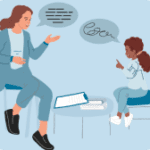 Speech Therapy
Speech Therapy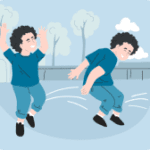 Physical Therapy
Physical Therapy Occupational Therapy
Occupational Therapy




